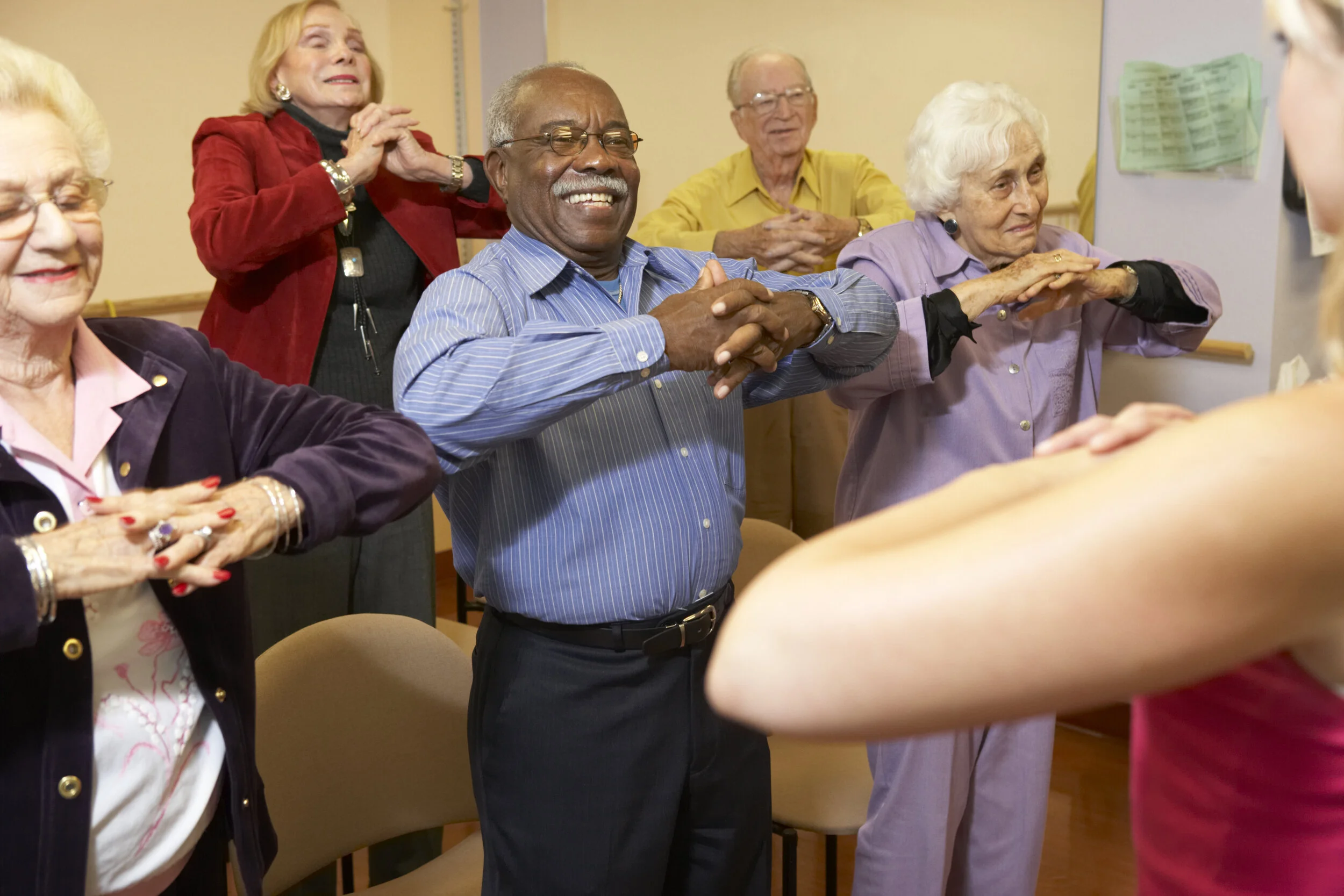Angelynne Hinson
Vocal Habilitation
Workshops
Don’t Lose It, Use It: New Skills to Support and Maintain Your Speaking Voice
Angelynne introduces techniques designed to help people with Parkinson’s maintain vocal stamina and breathing exercises that can aid in the efficiency of voice production and articulation. Through this interactive workshop, participants learn how group singing is beneficial in supplementing and continuing medical therapies. No singing experience is necessary!
Currently Angelynne is the guest leader for Tremble Clefs-Boston, a chorus designed for people with Parkinson’s. Most recently she was a featured speaker at “Parkinson’s Disease: Strategies to Manage Some Common Challenges,” hosted by Dartmouth Hitchcock Medical Center and the Hitchcock Foundation.
Individual Sessions
Angelynne will design a “singing therapy” program for individuals with Parkinson’s Disease, stroke patients and voice injured clients. Working closely with the client and their medical team, Angelynne will help to help increase vocal efficiency and proficiency.
